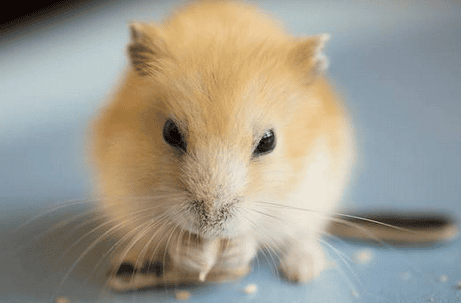In the pet world, hamsters have won people's love for their small and exquisite size and lively and cute nature. However, the issue of the size of hamsters often arouses controversy: Is it better to be fatter or thinner? Let’s explore this interesting topic together.

First of all, we need to understand the physiological characteristics of hamsters. Hamsters are rodents with relatively simple digestive systems and require high-protein and high-fat food to maintain good health. Therefore, in terms of diet, it is very important to provide hamsters with nutritionally balanced food.
So, is it better to be fatter or thinner? In fact, this is not a black and white question, but depends on the owner's feeding method and the health of the hamster.
If your hamster is too thin, this may mean that it is not getting enough nutrients. In this case, you should provide it with more high-protein, high-fat foods to ensure that it gets enough nutrients. Of course, there are also problems with overweight hamsters. Too much fat can bring health risks, such as heart disease and diabetes. Therefore, maintaining a proper weight is crucial to your hamster's health.
In addition to diet, hamster weight is also affected by genetics and age. Some hamster breeds are more likely to gain weight, and older hamsters are also prone to fat accumulation. Therefore, knowing your hamster's breed and age characteristics is also an important part of keeping it healthy.

To sum up, judging whether a hamster is healthy requires comprehensive considerations. factors. The owner should provide the hamster with an appropriate diet and living environment based on its actual condition to ensure that it has a healthy weight and a good quality of life. Remember, no matter whether you are fat or thin, health is the most important thing. Let us work together to create a happy and healthy home for our pets!

 扫一扫微信交流
扫一扫微信交流
发布评论